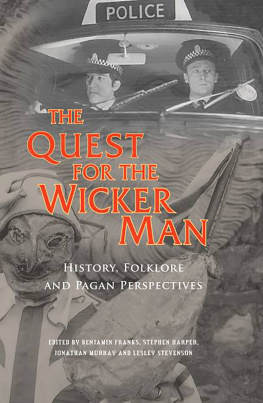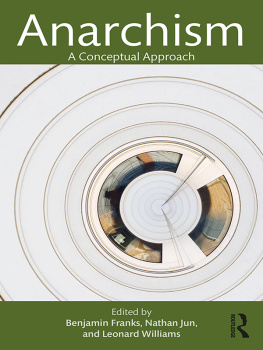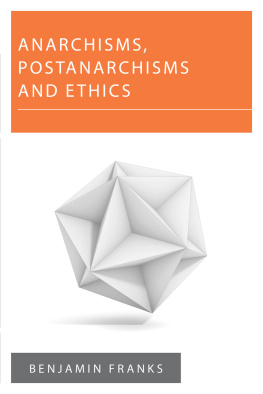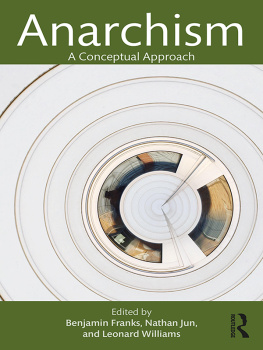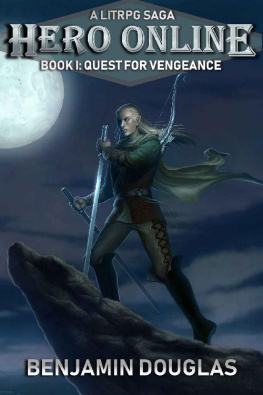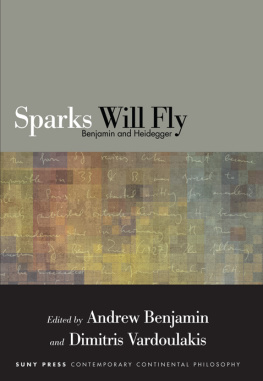Franks Benjamin - The Quest for the Wicker Man
Here you can read online Franks Benjamin - The Quest for the Wicker Man full text of the book (entire story) in english for free. Download pdf and epub, get meaning, cover and reviews about this ebook. publisher: Luath Press Ltd, genre: Romance novel. Description of the work, (preface) as well as reviews are available. Best literature library LitArk.com created for fans of good reading and offers a wide selection of genres:
Romance novel
Science fiction
Adventure
Detective
Science
History
Home and family
Prose
Art
Politics
Computer
Non-fiction
Religion
Business
Children
Humor
Choose a favorite category and find really read worthwhile books. Enjoy immersion in the world of imagination, feel the emotions of the characters or learn something new for yourself, make an fascinating discovery.
- Book:The Quest for the Wicker Man
- Author:
- Publisher:Luath Press Ltd
- Genre:
- Rating:5 / 5
- Favourites:Add to favourites
- Your mark:
- 100
- 1
- 2
- 3
- 4
- 5
The Quest for the Wicker Man: summary, description and annotation
We offer to read an annotation, description, summary or preface (depends on what the author of the book "The Quest for the Wicker Man" wrote himself). If you haven't found the necessary information about the book — write in the comments, we will try to find it.
The Quest for the Wicker Man — read online for free the complete book (whole text) full work
Below is the text of the book, divided by pages. System saving the place of the last page read, allows you to conveniently read the book "The Quest for the Wicker Man" online for free, without having to search again every time where you left off. Put a bookmark, and you can go to the page where you finished reading at any time.
Font size:
Interval:
Bookmark:

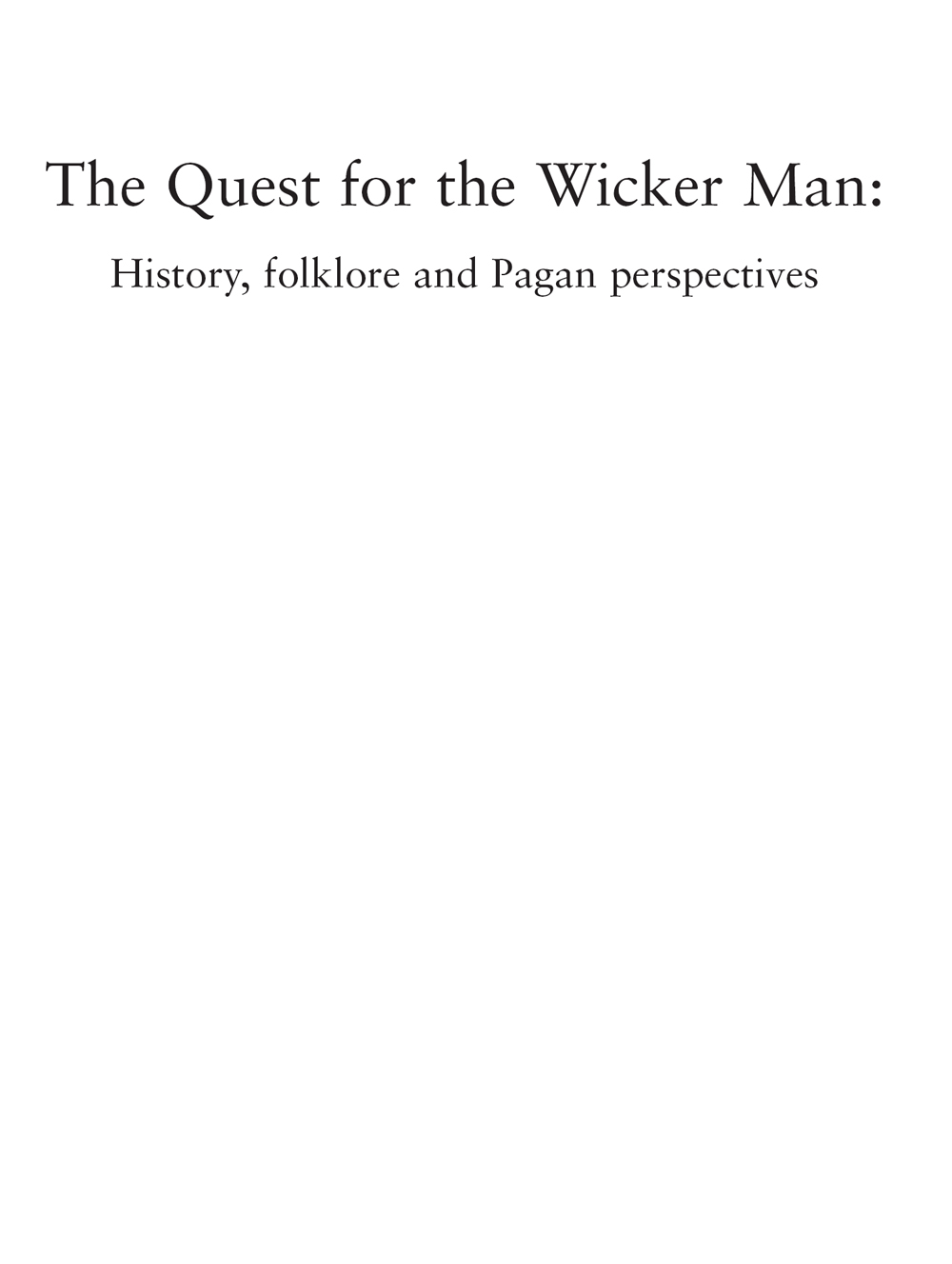

First Edition 2006
eISBN: 978-1-913025-96-0
The authors right to be identified as author of this book under the Copyright, Designs and Patents Act 1988 has been asserted.
The paper used in this book is recyclable. It is made from low chlorine pulps produced in a low energy, low emission manner from renewable forests.
Printed and bound by
Creative Print and Design, Ebbw Vale
Typeset in 10.5pt Sabon
the contributors
In affectionate memory of Anthony J. Harper
Contents
Ritualistic Behaviour in The Wicker Man:
A classical and carnivalesque perspective on the true nature of sacrifice
The Wicker Man Cult Film or Anti-Cult Film?
Parallels and paradoxes in the representation of Paganism, Christianity and the law
Introduction:
The search for The Wicker Man
Benjamin Franks, Stephen Harper, Jonathan Murray, Lesley Stevenson
The Wicker Man has been a hard film to categorise: part thriller, part detective story, part horror, with not a little humour and erotic titillation thrown in for good measure. Its enduring appeal and fascination for a variety of audiences continues even after the 30th anniversary of its UK theatrical release. In 2002 Scotlands The Sunday Mail placed it as one of the top ten films with a Scottish theme
Its cultural impact has been significant. The creators of cult British TV comedy (now also a film) The League of Gentlemen (BBC2, 1999-2003; Bendelack, 2005) openly acknowledge their debt to The Wicker Man, whilst a recent episode of the ITV comedy-drama series, Distant Shores, starring Peter Davidson, was given over to an extended Wicker Man pastiche. An incoming authority figure, a doctor from the mainland, arrives on a remote Scottish island and falls under the misconception that the locals are planning to sacrifice him by burning him alive. The episode includes the villagers gathered together at a fte wearing masks; there are many barely veiled pagan references and the local laird makes a symbolic sacrifice by the sea. It reaches its climax at a festive gathering where the physician mistakes friendly attempts to embrace him by the locals, some carrying burning torches, for a concerted effort at capture, at which the panicked innocent repeats Sergeant Howies injunction for divine intervention.
The Wicker Mans climax has developed its own totemic power, and not just in the iconography of rock groups such as Iron Maiden;
This volume emerged from a cross-disciplinary conference, The Wicker Man: Rituals, Readings and Reactions, held at the University of Glasgows Crichton Campus in Dumfries on 14-15 July, 2003. about the film and attracted speakers and participants from across Britain, Canada and the United States. The location was pertinent, as Dumfries lies close to Kirkcudbright, Creetown and Burrowhead, which were amongst the films most notable locations. The hosting institution, in addition to being part of the only Higher Education campus in the Dumfries and Galloway region, also had a range of staff from across the disciplines with a keen interest in the film.
The reaction to news that a conference was being planned on this theme was almost entirely positive. Academics from a range of specialisms including Anthropology, Archaeology, Classical Studies, European Languages, Film Studies, History, Media Theory, Musicology, Philosophy, Religious Studies and Tourism Studies offered to present papers, as did significant film practitioners: Robin Hardy, The Wicker Mans director, and Gary Carpenter, the films associate music director. Local residents who had been extras three decades ago also attended and sent in mementos of their participation. There were a few less enthusiastic, but nonetheless fascinating, reactions. An anonymous poison-pen letter was sent to the organisers, warning of dire spiritual consequences in putting on such an event, whilst a publicity-hungry Catholic priest warned that the conference was bringing academic credibility to the occult. The ability of the film to rouse religious passion and provoke debate remains unchanged after more than three decades. Thus it was felt to be appropriate to create a collection of papers that explored The Wicker Mans different paradigms of the sacred; that investigated the spiritual and historical themes of the film (Christian, pre-Christian, Pagan and heathen), and how these had been interpreted and applied in contemporary cultural practices.
Inevitably in a collection dedicated to the exploration of The Wicker Mans historical and anthropological themes, several contributors refer to two works that are of central importance to the films conception of paganism: Julius Caesars Gallic Wars and J. G. Frazers Victorian classic The Golden Bough. Where possible, the editors have sought to minimize any repetition or overlap of material relating to these sources; elsewhere, we have allowed the contributors to explain and analyze these texts at greater length in order to illustrate the complexity of Hardy and Shaffers relation to their historical material. Another caveat relates to the terminology used in this text, particularly such contentious terms as Paganism, pagan and Neo-Paganism. The capitalised versions, Pagan and its derivatives, are used to describe an identifiable set of spiritual practices or coherent set of beliefs concerning magic, pantheism and the moral principles thus derived. The upper case term is applied both to systematised pre- and non-Christian groupings from the pre-Industrial era, as well as to the new spiritual movements that developed from the 1950s and 60s to the present. Some authors, however, prefer to use the term Neo-Pagan for these post-war religious movements and this has been respected in their individual submissions. The lower case pagan is mainly used to cover any unsystematised religious or mystical belief that lies outside standard monotheism. Thus, some of the cultural uses of The Wicker Man are Pagan as well as pagan. It is these appropriations and their historical roots that are the main themes of the collection.
The collection starts, suitably, with a contribution from The Wicker Mans director and co-author, Robin Hardy, in which he discusses the motivations behind the films creation. In particular, Hardy emphasises that the two authors (himself and Anthony Shaffer), who used as their sources the works of James Frazer and the folk song collections of Cecil Sharp, had a shared interest in the questions raised by the old religions. Hardy also draws attention to how these elements were then integrated with the themes of games-playing and manipulation, which The Wicker Man shares with Shaffers other works, in particular Sleuth (1970).
Richard Sermons chapter, The Wicker Man, May Day and the Reinvention of Beltane, introduces many of the topics developed in other contributions: in particular, the connections between motifs in the film and the historical record, and how the films referents have been re-interpreted in more contemporary cultural productions. In Sermons case, he examines how significant characteristics of the film relate to archaeological research into sacrificial rites and fire ceremonies, and how such rites and ceremonies have been adopted into more contemporary folk events in Europe and the Americas.
Next pageFont size:
Interval:
Bookmark:
Similar books «The Quest for the Wicker Man»
Look at similar books to The Quest for the Wicker Man. We have selected literature similar in name and meaning in the hope of providing readers with more options to find new, interesting, not yet read works.
Discussion, reviews of the book The Quest for the Wicker Man and just readers' own opinions. Leave your comments, write what you think about the work, its meaning or the main characters. Specify what exactly you liked and what you didn't like, and why you think so.

